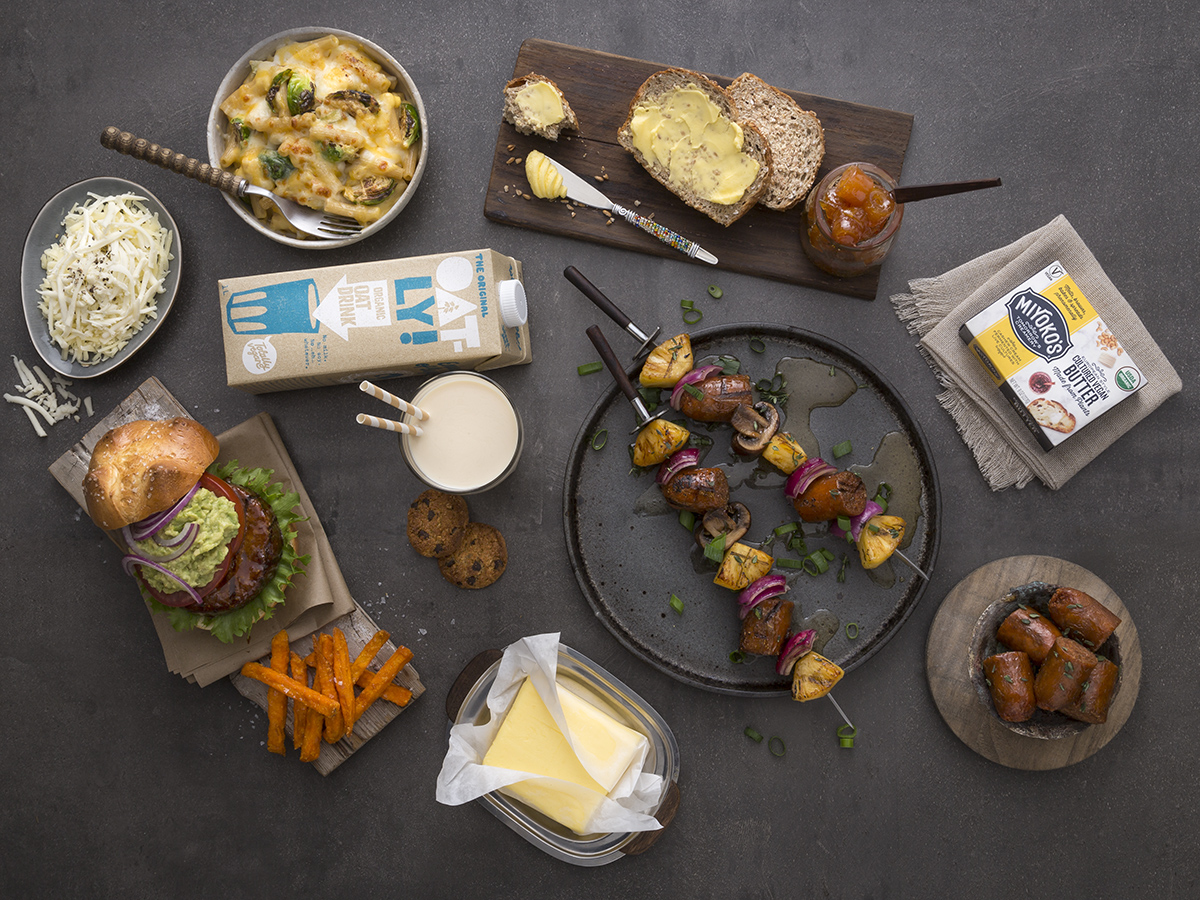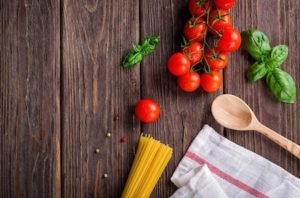Infinite Foods Africa and the UN Food and Agriculture Organization are calling on everyone to opt for healthy and sustainable diets, but this doesn’t mean that we all have to become vegans or vegetarians overnight. It does mean that we should all start cutting down on meat and eating more plant-based foods and meals, advises Michelle Adelman, CEO of Infinite Foods, a distributor and manufacturer of plant-based food across sub-Saharan Africa.
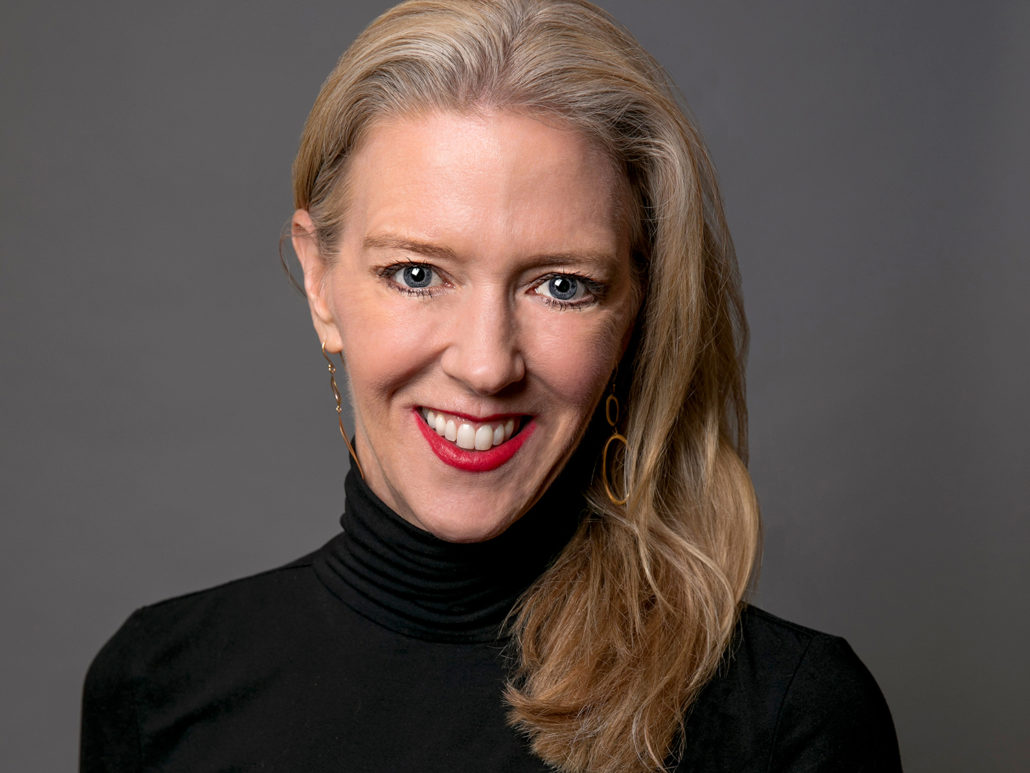
So, what is a plant-forward diet?
A plant-based, plant-forward diet focuses on eating more food that comes from plants than food that comes from animals. You eat mostly fruit, vegetables, nuts, seeds, oils, whole grains and legumes. Occasionally, you eat eggs, dairy foods, meat, fish, and seafood to supplement your plant-based eating. This is unlike vegetarians that eat eggs and dairy foods, but no meat, poultry, fish, or seafood. Vegans eat no animal foods whatsoever; they only eat plant-based food. Pescatarians, on the other hand, eat eggs, dairy foods, fish, and seafood, but no meat or poultry.
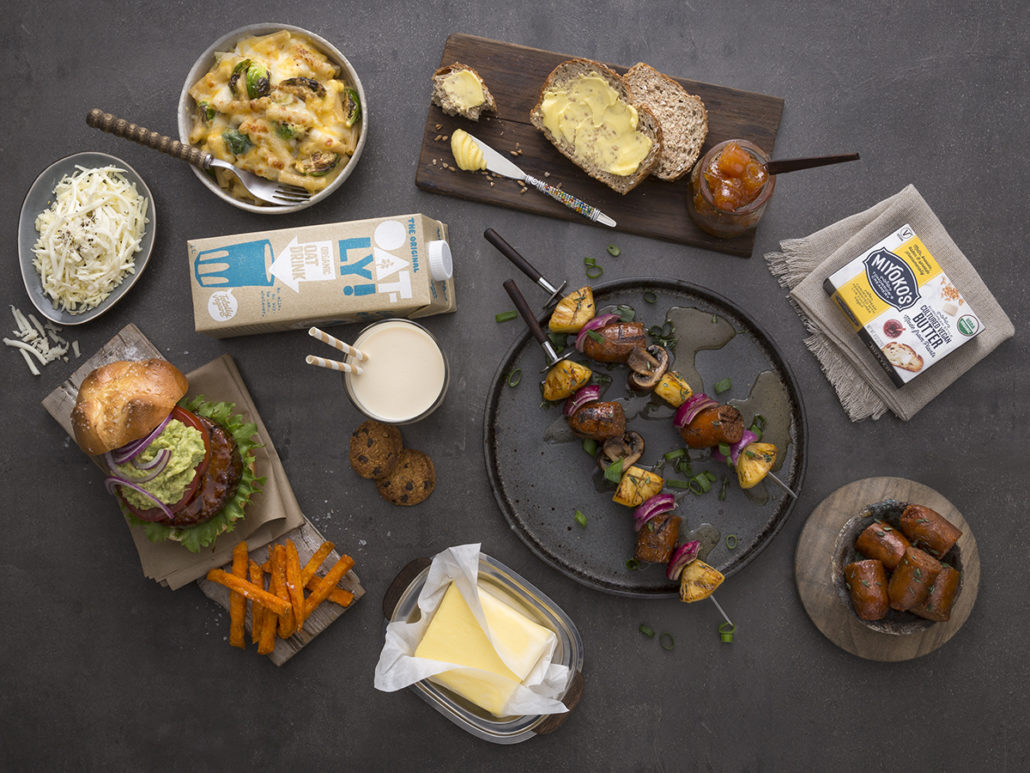
Can anyone do plant-forward?
A plant-forward diet which includes the occasional eating of animal proteins is suitable for everyone, young and old. It provides sufficient nutrition. You obviously need to take into consideration health conditions such as allergies, diabetes and cholesterol. And don’t forget to respect your taste buds – something may be incredibly healthy, but taste awfully vile to you.
The Plant-based Foods Association says eating more plant-based food:
– Is better for the environment: Producing plant-based meat alternatives generates 10 times fewer greenhouse gas emissions than producing similar beef-based products, according to a study by the Federation of American Societies for Experimental Biology.
– Encourages responsible use of land, water, fuel, and fertilizer: Producing 1 kg of kidney bean protein requires 18 times less land, 10 times less water, 9 times less fuel, 12 times less fertilizer, and 10 times less pesticides than producing 1 kg of beef protein, according to a study by Sabaté, Sranacharoenpong, Harwatt et al.
– Lowers your relative personal greenhouse gas emission footprint: Plant-based eaters contribute approximately half as much dietary greenhouse gases as meat-eaters, according to a study by Scarborough et al.
– Enables better protein consumption: It takes 10 g of vegetable protein to create every 1 g of animal protein, according to a study by Reijnders et al.
– Frees up land: Substituting beans for beef in the US diet would free up 42% of US cropland (or 400 million square acres, or 1.6 times the size of California), according to a study by Helen Harwatt et al.
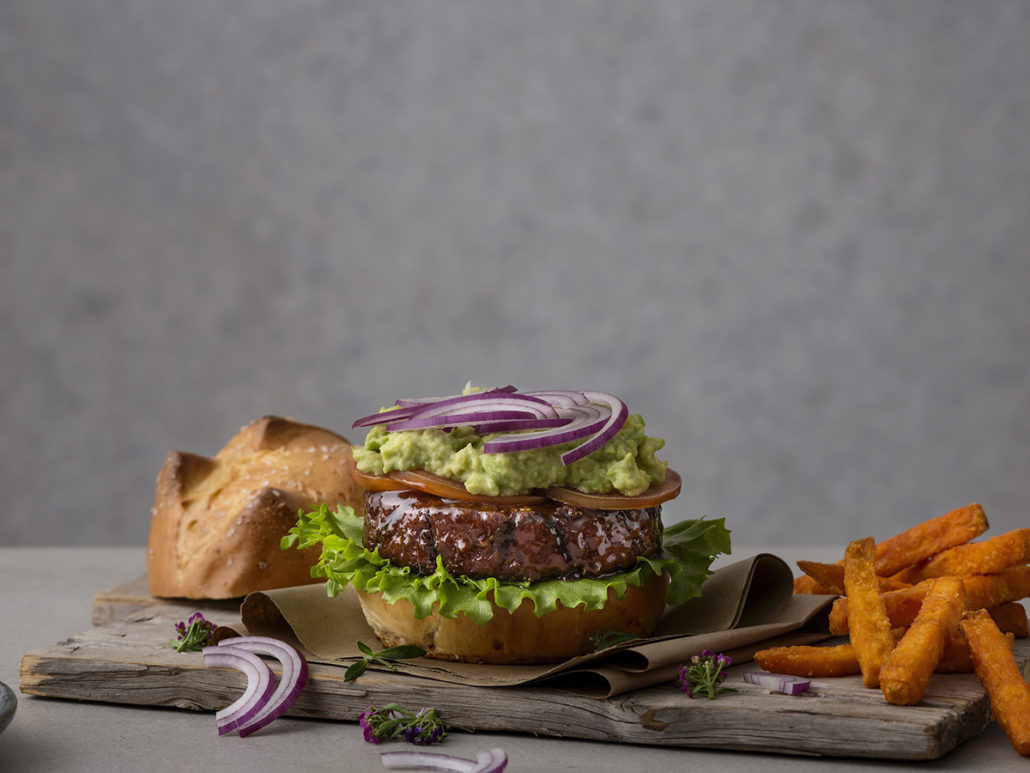
7 Tips on how to get started on a plant-based diet
1. Find a shop that sells beautiful, fresh and good quality fruit and vegetables and other plant-based foods. If it looks good, you will want to eat it.
2. Fresh fruit and vegetables are cheaper than animal products and tinned goods. So the money you save can be used to buy nuts, olives and other plant-based goodies that may be a bit more expensive.
3. Change the configuration on your plate – have heaps of vegetables and salads and use meat as a garnish.
4. Eat a fully vegetarian meal at least once a week and treat it as the highlight of your week. Invite friends over and add some wine – after all, wine is also plant-based.
5. Try out a vegetarian restaurant if you’ve never been to one. Check out the menu for ideas that you can try at home.
6. Satisfy your sweet tooth with fruit – eat it as it is and occasionally add a dollop of cream or custard to your fruit. Dip it in chocolate for a decadent treat every now and then.
7. Visit Plant-based Foods Association for trustworthy information and details of plant-based food manufacturers and distributors.
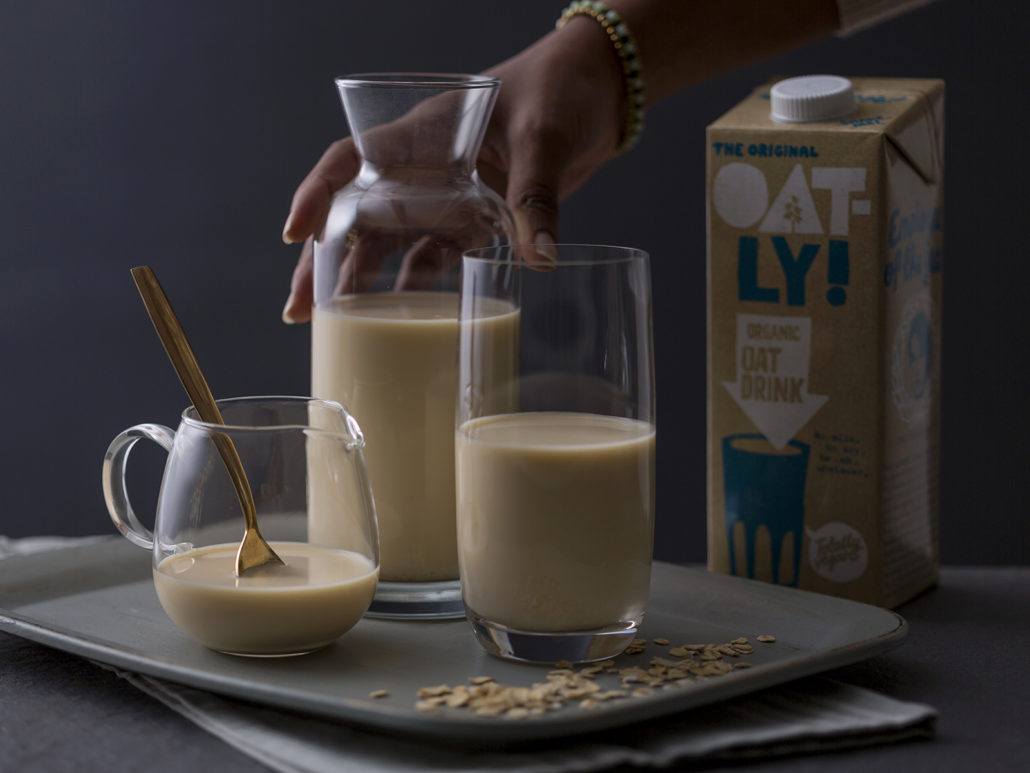
Find out more at Infinite Foods.

